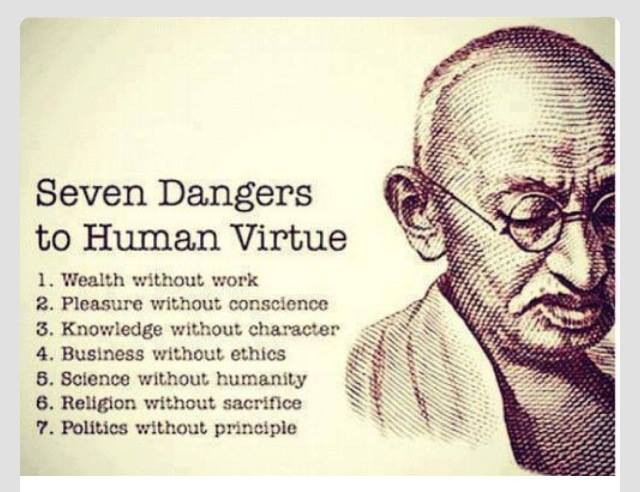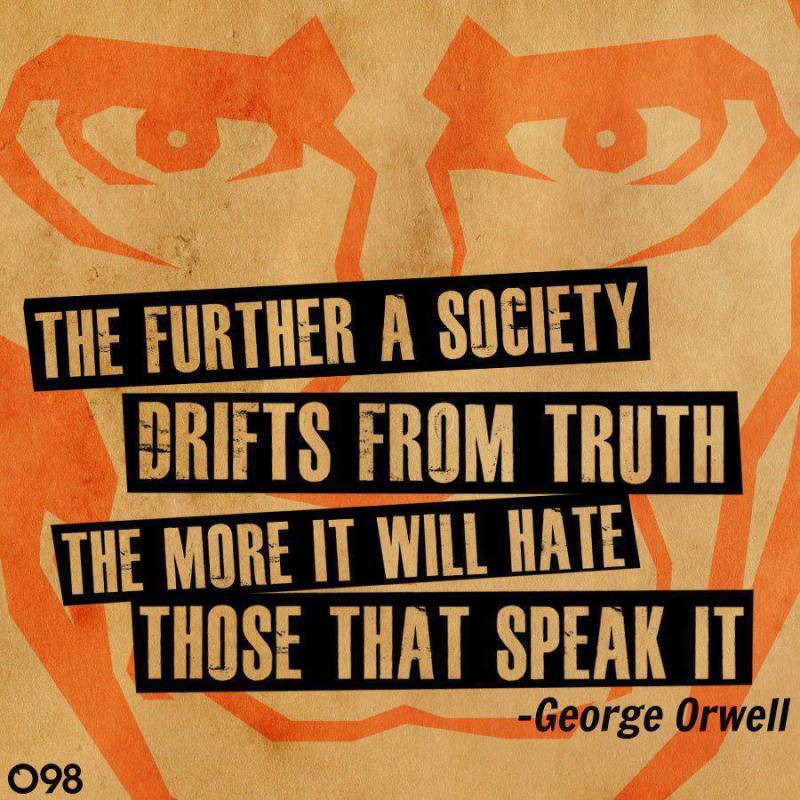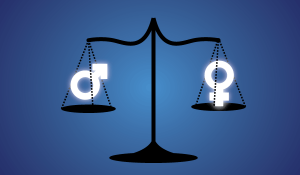Seems to be were headed that way…younger generations are plagued with the duty to impose changes – for the sake of future human life.
Sustainability and reducing pollution are priority.


Threats to human virtue: Society
If you are located in the tri-state area, you’re well aware of the fact that a blizzard is slamming the North East, and has been for the last few hours. Yes! The roads are terribly dangerous and the small amount of cars that are enduring the wrath of the snow storm are going at such a slow pace, it may not even be considered driving anymore. Yes again, I am not leaving my bedroom under no circumstance until tomorrow morning. Half a glass of Glenn Fiddich later I find myself pondering why exactly marijuana was made illegal to begin with.
I spent my first year of college at University of Massachusetts Amherst in Amherst, Massachusetts. Massachusetts, unique to its co-states, has decriminalized marijuana under its law. The possession of pot is not treated criminally, instead the individual would be given a fine rather than permanently altering their record. During my first year at UMASS, I joined the Cannabis Reform Coalition (C.R.C); essentially a club for stoners to discuss advocating the legalization of marijuana. The C.R.C explained the history of marijuana prohibition. “Hemp” is the term coined for high growing varieties of the Cannabis plant and its products (fiber, oil, seed). Hemp is refined into products like hemp seed foods, hemp oil, wax, rope, cloth, paper, and fuel. The early 1900’s marked a golden time for the hemp industry. Americans grew hemp rather than other staples because it could be used in several ways for an array of purposes and needs. By the 1920s, the growing and distribution of hemp and cannabis was made illegal by all of the United States.
All I’ve ever known is marijuana prohibition until just recently (Colorado, Washington). Still, the preparation, use and sale of “cannibus” under the federal law is considered illegal and well over three quarters of states prohibit use of the plant. The law categorizes cannabis a Schedule 1 drug despite research confirming the effectiveness of marijuana against horrid side effects of chemotherapy for those undergoing cancer treatment, relieving chronic stresses of migraines, insomnia and several other life-altering conditions for which no treatment exists.
Many speculate the intent behind marijuana prohibition to be economic, moreover, that for competing markets to emerge such as the Oil industry, the hemp boom had to be abolished. Theoretically, this could be the reason. Hemp, natural and extremely employable, was the dominant staple of the United States less than 100 years ago. Now, oil and plastic industries are booming whereas hemp can be used to replace both. This is a conspiracy. As a society we need to compare the benefits of cannabis to the negatives of cannabis and then rationalize on whether or not our legal system adequately handles the widespread existence of this plant – black market or not.

“The further a society drifts from the truth, the more it will hate those that speak it.”
My thoughts feel overwhelmed and unsettled. One whom I’ve talked with on a few different occasions and a high school class mate, Johnathan Rivas, 19, passed away December 12th, 2013 following a highspeed car accident on I-95. The impact of the crash claimed the lives of two other passengers almost immediately. The news of this incident is so surreal that its numbing. It forced me to consider the very nature of technology itself. In general, does technology benefit society or create more harm and death? Is the technological revolution helping or hurting humanity to the point of self destruction?
Lets ponder. The technological revolution began with the industrial period but picked up speed, developing faster and greater around the 1950’s, welcoming waves of new technology. Vehicles, though convenient, account for 34,000 deaths in the year 2012 alone (avg. 79 people a day). Cars make it possible for Americans to travel from home to work and wherever it is they need to go to satisfy their consumer needs- ultimately benefitting the capitalist incentives. This benefits the government through mass production and existence of the automobile industry – the same industry accountable for a ridiculous amounts of death annually and immense amounts of imported fossil fuels released daily seriously polluting our natural environment. Technology with regards to cars has become the main source of destruction against humanity and nature.
A bit different, the technology utilized to systematically produce mass amounts of food to meet growing population demand has cultivated the path towards genetically modified food. The nutrients we ingest is no longer derived from the source but rather engineered in a lab setting, employing all sorts of chemicals – that if consistently ingested – inflicts irreversible harm on the human body.
This concept of technology destroying humanity and nature is ironic because technology is often considering as an evolutionary force helping society progress, for the better. If we continue to develop and implement technology, are we bettering ourselves as a society or are we slowly self-destructing?
Rest In Peace Johnathan Rivas (1994-2013) My your soul be at ease

We are all equal
Several hours ago I was fulfilling my daily hunt for that much needed second cup of blazing java, especially excited in the midst of the brutally chill weather. Driving towards my all-time favorite coffee shop, I begin following a red pick-up sporting a Virginia license plate. Cruising along I notice the Virginians bumper stickers: “The cost of abortion is one human life” and next to it “It’s a child, not a choice”. Annoyed, I continue behind the car in attempt to get a glance at the driver – a middle aged male. This got me thinking. I’m well aware of the fact that southerners have a more conservative outlook, especially matters highly controversial to the church, but does this fellow really think stickers will impact my decision to obtain an abortion? Is the advertising of this man’s no-choice position justified? Remotely, his opinion is irrelevant simply because he is a man without the ability to become impregnated.
I mentioned before the commonly held notion that the south is much more conservative with regards to abortion, gay marriage and stem cell research due heavy religious influence. The typical pro-life argument claims something along the lines that upon the moment of conception a fetus is considered a human with full moral consideration and the ten commandments clearly states it is always immoral, and therefore wrong, to kill. This argument is flawed in its consideration of what constitutes a human life – despite the implied potential. Society does not grant rights to the unborn in any context, separate from this matter. Additionally, personhood requires a degree of independence, brain activity or some form of consciousness according to numerous Philosophers. The Utilitarian would decide the morality of this issue by considering the situation of the mother and her desires. Logically, if a female does not want to have a child and is denied an abortion, her parenting will reflect a degree of resent. This will impact the welfare and development of the child.
Now, this Virginian man identifies as a pro-life supporter. But is the term “pro-life” exclusive to the welfare of the unborn, or can it be applied to children born into extreme poverty? Or a child born by two heroin addicts? These situations occur everyday and innocent children are unknowingly born into conditions unsuitable for a new born or any child to be frank. If really concerned with quality of life – as moral beings we have the duty to provide the most adequate childhood possible. We must embrace abortions in circumstances in which a female becomes pregnant but is emotionally, financially and mentally unfit to parent this child. Ultimately, the future of humanity is in the hands of the unborn and aging youth. Why not create a standard for new born conditions?